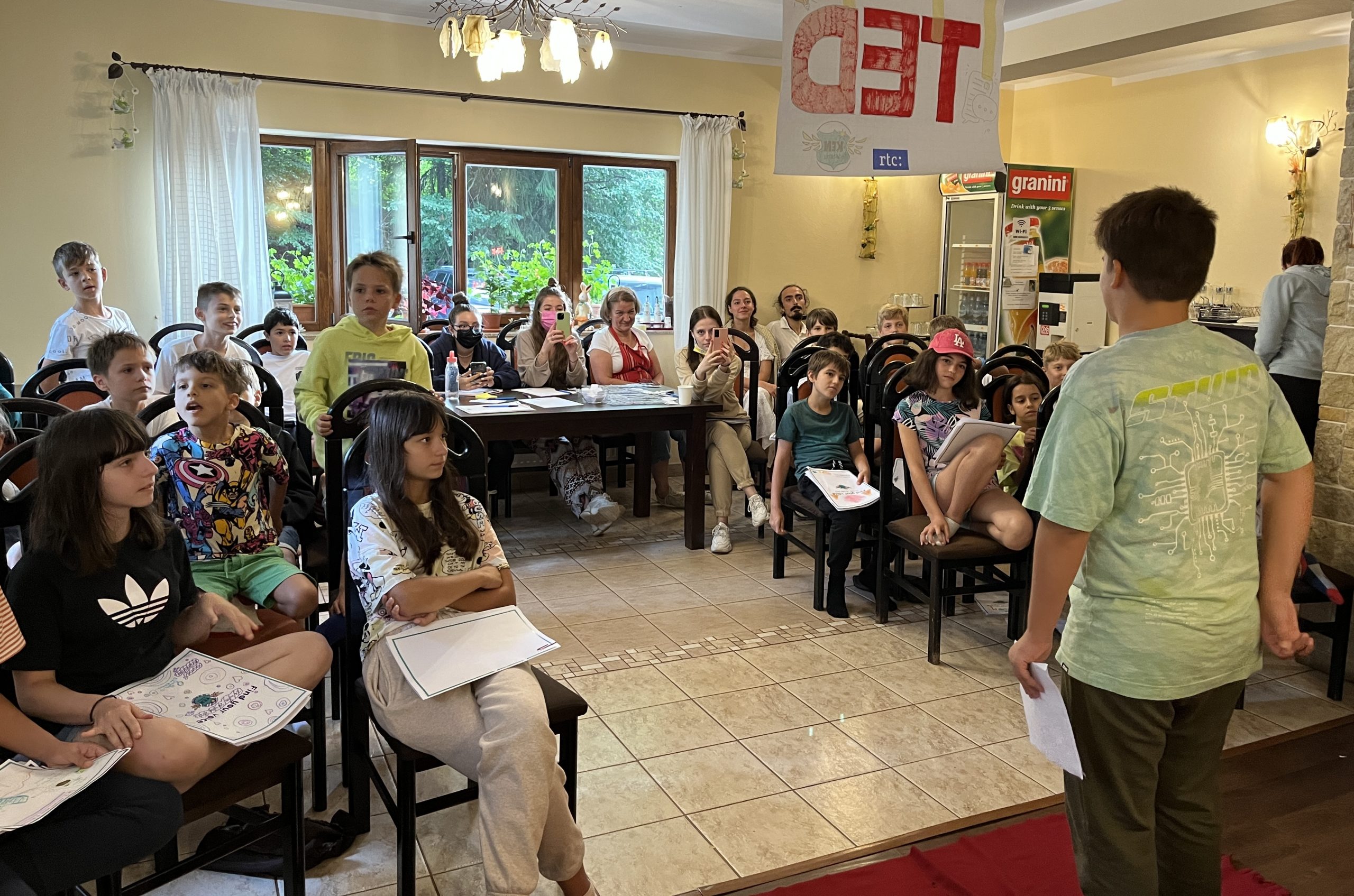
How do we make friends with shame?
Shame can be a powerful emotion for children. Something that may seem trivial to us adults – like giving the wrong answer in the classroom – can be an emotionally charged experience for children. When children feel embarrassed, it's important not to dismiss their feelings, even if the situation that generated those feelings doesn't seem like a big deal.
"Around the age of 5-6, the world becomes increasingly complex for children. They become more aware of what is happening around them, of the fact that each person is different, and notice the teasing and looks of others", says the psychologist Lawrence J. Cohen, PhD, author of the book Positive Parenting. Also at this stage, children go to new play and learning groups; thus, "they are focused on integration and how they look in the eyes of their peers", also explains Lawrence J. Cohen.
In addition, social and learning contexts come with new rules and tasks. Some children feel ashamed when they make a mistake and experience the feeling of shame, he says Eleonora Villegas-Reimers, Ph.D., associate professor of elementary education at Wheelock College in Boston.
We want the little ones to overcome these moments well, communicate with us and train a flexible mentality. The advice of psychologists and the results of research on this topic show us that when children experience feelings of embarrassment or shame, we can support them in the following ways:
- We model children's behaviors through the power of example
By helping children build resilience and self-confidence, we will ensure they have the tools to deal with embarrassment in a healthy way. Children look to their parents or other adults to see how to behave when faced with certain challenges or during certain situations. Children need to understand that adults also feel embarrassed at certain times; they also need to see in the adults around them calm and balanced reactions to the feeling of shame.
- We're talking about what happened
Yes, having a discussion can help your child figure out what didn't work and how to do better next time. Children must have the opportunity to explore their feelings and find alternative solutions to challenging situations they encounter.
- We focus on the positive skills that the child can develop
When the child shares an embarrassing situation, we need to guide him to train a flexible mindset. It would be preferable for us adults to congratulate the children for their positive coping skills in the embarrassing situation. If he made a mistake during a piano recital but continued with the piece, the child should be congratulated for staying focused and carrying the performance through. Reframing negative experiences will help children identify and practice healthy responses. Phrases like: "I am very sorry that this happened today. I know it was upsetting, but I'm so proud of the way you handled it. Only a very brave person can keep going when things are difficult." they are very helpful for the little ones.
- We outline a new perspective
An embarrassing episode can be catastrophic from the perspective of the little ones.
"Children can be self-centered", explains Dr. Busman, "when something embarrassing happens to a child, it can seem like everyone thinks about the event as much as they do, when in reality most children will have moved on by the next day."
By learning to put their feelings and experiences into context, the child will learn to see things from a different perspective and be more resilient.
Open-ended questions, examples and encouragement can be of great help in such contexts.
"It's important to let children take the initiative to talk about how they feel", he says Dr. Busman. Shame is an important feeling, and sometimes children need a little space to calm down. Supporting children to train their flexible mindset without minimizing their feelings will make it easier for them to move past negative experiences – and give them an important tool to build self-awareness in the future. There it is here more information on how to make friends with shame.
*Article written by Veronica Dunga, KEN Academy trainer.
